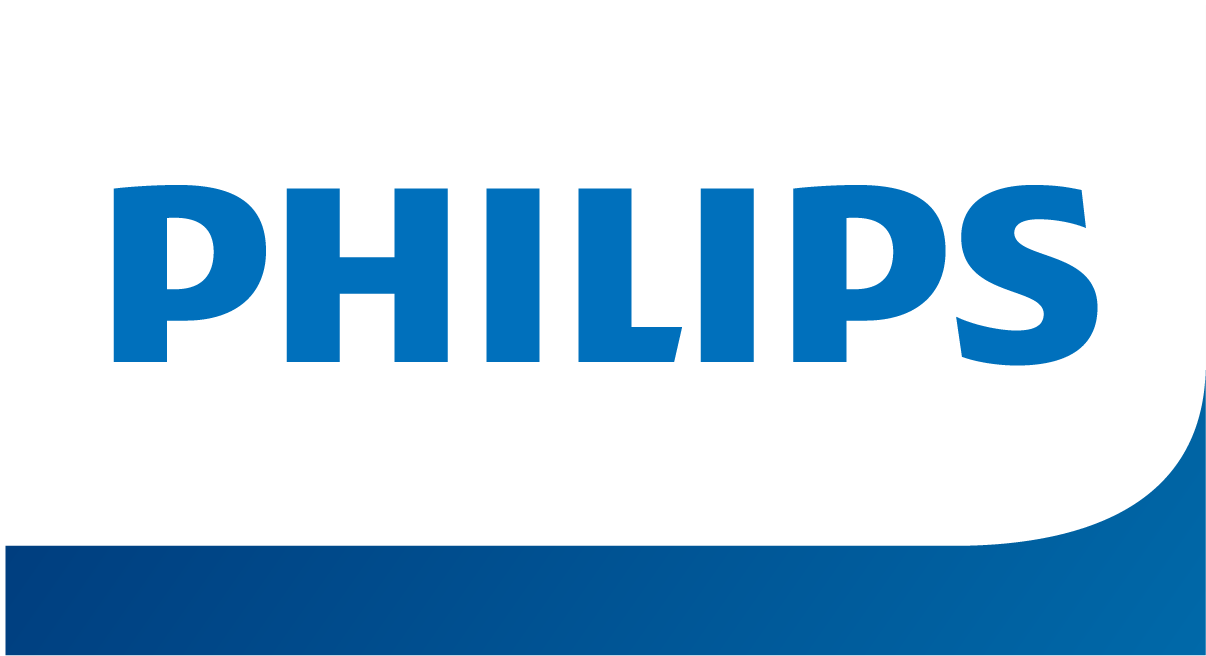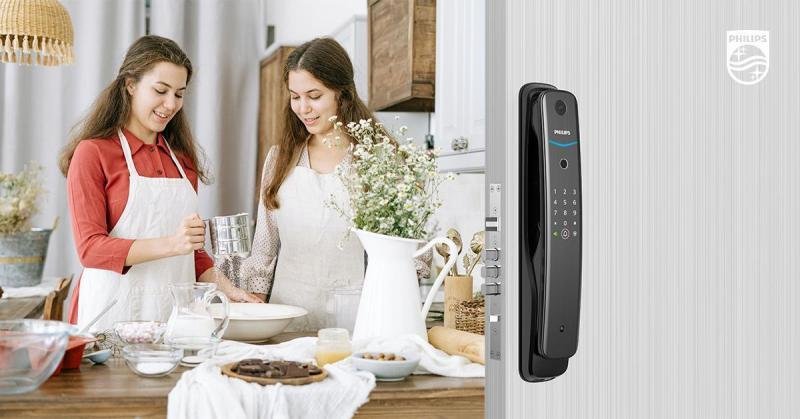Even though security technology constantly improves, finding the most smart lock possible is still a top priority. Selecting an appropriate lock is critical for companies that prioritize solid security measures. In this article, we examine the complexities of lock safety and the creative fixes provided by the maker of Philips smart locks.
Providing outstanding protection against intrusions, Philips has transformed the concept of security through its state-of-the-art technology and detailed design. Redefining safety standards, Philips smart locks provide organizations worldwide peace of mind with superior encryption and biometric authentication. Come along as we dive into the inner workings of the most secure lock in the world.
What Defines the Safety of a Lock?
As we delve deeper into the search for the world’s safest lock, it becomes clear that the Philips smart lock represents the highest level of security innovation. Philips smart locks are the best choice for home and business security because of their cutting-edge technology, robust construction, and intuitive design.
The combination of state-of-the-art features and thorough testing procedures guarantees the highest level of reliability, giving users a sense of security. A trusted solution that sets the industry’s standard for efficiency and security, the Philips smart lock is emerging as a top choice for organizations prioritizing security in an increasingly digital landscape.
Are There Any Independent Certifications or Standards for Lock Safety?
Independent certifications and standards are essential when it comes to the security and dependability of locks. There are several groups all around the globe that evaluate the performance and quality of locks for different uses and issue certificates based on their findings.
- Certification Organizations
Many people respect the certification systems and testing processes run by organizations like UL, the British Standards Institution (BSI), and the American National Standards Institute (ANSI). Durability, manipulation resistance, and conformity to industry standards are among the characteristics used by these groups when evaluating locks.
- Organizations Working to Develop Standards
Development organizations establish worldwide standards for the design, production, and testing of locks, like the International Organization for Standardization (ISO) and the European Committee for Standardization (CEN). Manufacturers may refer to these standards to ensure their locks are secure and work as intended.
- Methods of Testing
Independent testing labs carefully examine locks to ensure they meet certification criteria and industry standards. Some examples of these tests include destructive testing, testing for durability, and testing for resistance to picking, drilling, and forced entry, among others.
- Labels for Certification
As a visual indication of their safety and quality, locks are given certification labels or markings when they fulfill the requirements set out by certification agencies and standards development organizations. Consumers may check for these labels to ensure the locks they buy are up to snuff in terms of safety and security.
How Do These Locks Compare in Terms of Safety?
There are several considerations when weighing the relative security of various lock types. While traditional mechanical locks are dependable, they can be picked, or brute-force attacked. While electronic keypad locks are convenient and secure, they are susceptible to hacking and code manipulation.
Although biometric fingerprint locks provide a high degree of security based on distinct biological characteristics, there are still worries about erroneous acceptance and rejection rates.
A strong alternative for protecting against unauthorized access, smart locks like the Philips smart lock integrate state-of-the-art authentication and encryption mechanisms with remote monitoring and control functions. The amount of security measures included in a lock’s technology, design, manufacture, and installation, determine the lock’s degree of safety.
Philips Smart Lock: A Case Study
A game-changer for homes and businesses alike, smart lock technology is a product of our increasingly digital society, where efficiency and safety go hand in hand. The world-famous Philips brand is well-known for its dedication to quality and innovation, and it is one of the top innovators in this field. This case study explores the Philips Smart Lock and its features, advantages, and practical uses to show how it improves security and streamlines access management.
An Overview of the Philips Smart Lock
The Philips Smart Lock is revolutionary because it combines cutting-edge technology with solid security features, completely changing the game for conventional locking methods. This smart lock provides various cutting-edge features that improve efficiency, safety, and convenience, catering to the changing demands of contemporary consumers and companies.
Essential Functions and Features
Some important aspects are as follows:
- Security with Biometrics
The Philips Smart Lock’s biometric identification capabilities are one of its most notable features; it lets customers access doors using their own fingerprints.
- Access and Monitoring from a Distance
Anyone with a smartphone or tablet may use the Philips Smart Lock to keep tabs on who enters and exits their home or business from anywhere in the world. With this function, building owners may set up temporary or permanent access, monitor who comes and goes, and get alerts when someone tries to break in.
- Connectivity to Home Automation Systems
Philips Hue lights, Amazon Echo, Google Home, and Apple HomeKit are just a few of the smart home ecosystems with which the Philips Smart Lock is compatible. Thanks to their compatibility, users can program their smart home devices to activate lights when the door is open or change the temperature when they go inside.
- The Design Is Tamper-Proof
A tamper-proof build inhibits illegal entry attempts, adding to the longevity and security of the Philips Smart Lock. An innovative encryption algorithm and high-quality construction make this lock impenetrable to hackers.
- Simple and Easy to Use Interface
Despite its high-tech features, the Philips Smart Lock has an intuitive interface that makes setting it up a breeze. Intuitive smartphone apps make it easy to follow along with instructions, find solutions to common problems, and customize settings for a perfect fit.
- Relevant to Real Life
The Philips Smart Lock gives you peace of mind regarding home security. It features comprehensive access control and monitoring capabilities. This smart lock restricts access to authorized users only and works on any front, rear, or garage door door.
Furthermore, the Philips Smart Lock offers a great way to manage access permits and make operations more efficient in commercial settings like office buildings, co-working spaces, or rental properties. While keeping a detailed record of all entrance and departure events, property managers can remotely authorize access to tenants, staff, or service providers.
When managing guests at hotels, B&Bs, and Airbnbs, the Philips Smart Lock is a game-changer since it provides a keyless access option. Guests may check-in effortlessly using their cellphones by doing away with the necessity for actual keys or keycards, elevating the whole visitor experience.
Final Thoughts
As we delve deeper into the search for the world’s safest lock, it becomes clear that the Philips smart lock represents the highest level of security innovation. Philips smart locks provide unrivaled security for homes and businesses thanks to their cutting-edge technology, sturdy build, and user-friendly design.
The combination of state-of-the-art features and thorough testing procedures guarantees the highest level of reliability, giving users a sense of security. A trusted solution that sets the industry’s standard for efficiency and security, the Philips smart lock is emerging as a top choice for organizations prioritizing security in an increasingly digital landscape.




